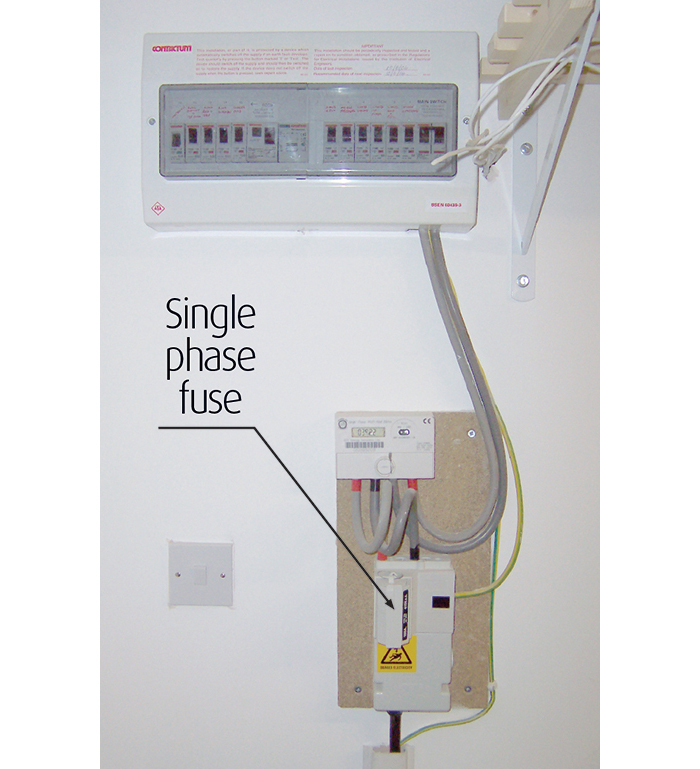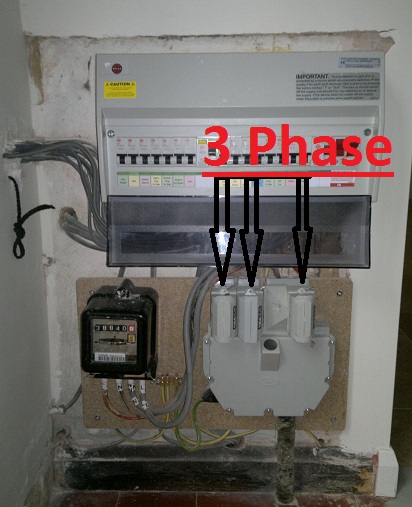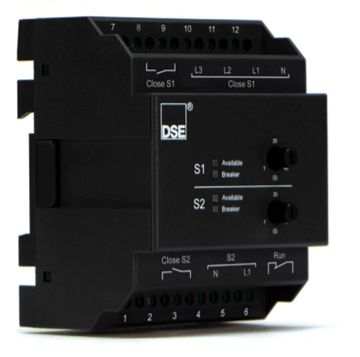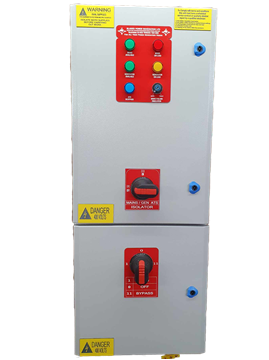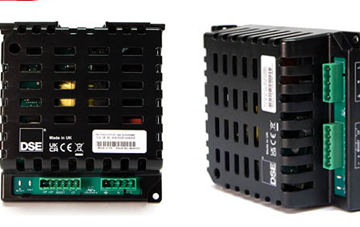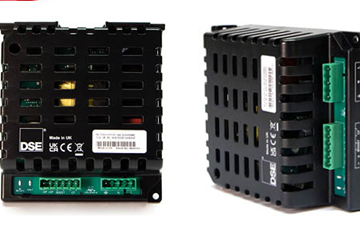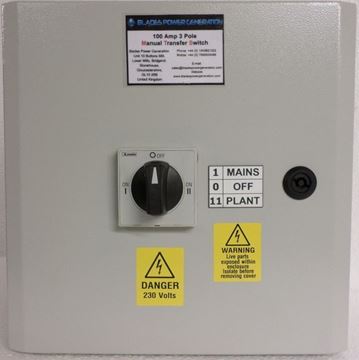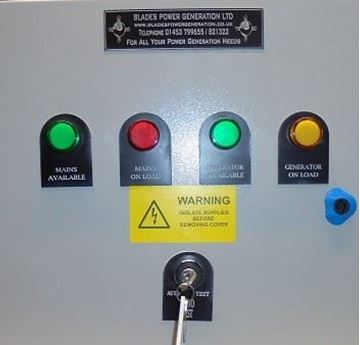The likelihood of power shortages and outages in the UK has increased considerably since the Russian invasion of Ukraine. Only a few days ago, MPs were warned that oil and gas could be rationed because of the crazy increase in prices. Experts have stated that household energy bills could increase to £3,000 a year – that is £60 a week!
The US, UK and EU have unveiled a growing list of sanctions, including on the import of Russian oil and gas. While only 3-4% of UK gas comes from Russia, plus 8% of our oil, Russia provides 40% of the EU’s gas and 25% of its’ oil, which means that energy price increases on the continent will have a major knock-on effect elsewhere.
At a Treasury select committee in parliament on Monday March 14th, Dr Amrita Sen, director of research at Energy Aspects, told MPs that the rationing of diesel and gas could be on the horizon as a result of supply issues and growing instability in energy markets. That can have a serious effect on electricity supplies.
What’s The Answer?
So, what is the answer? What can you do to keep the lights on and the wheels turning if the power goes down?
Fortunately, there is an answer, and it is one which quite a lot of businesses have been investing in recently. Many businesses simply cannot operate without electricity, and for place such as hospitals it is vital that they keep the power going. So, the answer is a standby generator.
If you have a standby generator in your home or at your business premises and you team it with an automatic transfer switch, when the power goes down you will only be without electricity for a matter of seconds.
Now, a new standby generator can cost quite a bit of money, depending upon the amount of power that you need to produce. However, you don’t have to buy a new generator because you can also find used generators for sale in the UK.
Indeed, at Blades Power Generation, we always have a selection of used generators for sale in the UK because as businesses expand, they find that they need a generator with more capacity than the one that they currently have. So, they come to us for a bigger generator and then trade in the existing one. We are happy to do that because it is a profitable deal for us, and it also means that you can get a generator for your home or business for a lot less than buying a new one.













